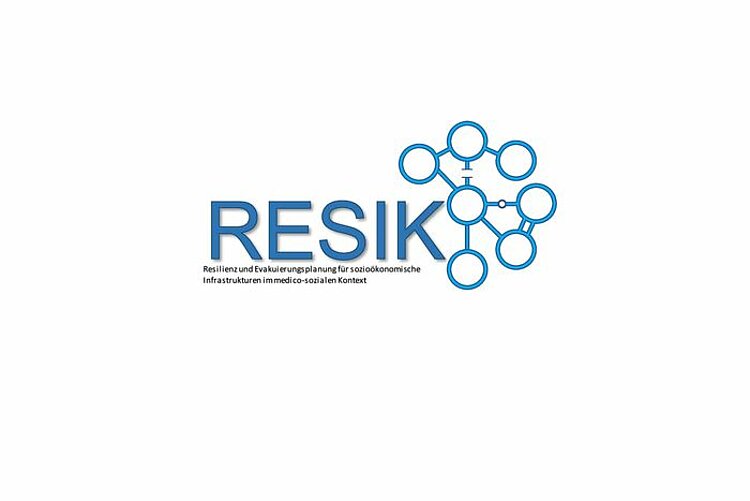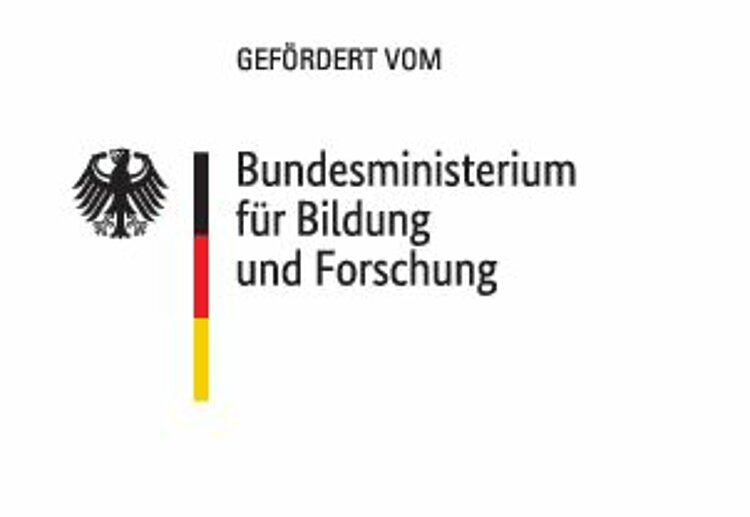The research project RESIK aims at the interaction of disaster management and hospital structures and thus focuses on the sometimes highly vulnerable group of patients.

Content orientation and results:
Everyday life and disaster management structures must be more closely interlinked. This is clearly evident through the research projects KOPHIS and INVOLVE. The ResOrt project also highlights the importance of socio-spatial networking of local disaster control organisations.
The research project RESIK aims at the interaction of disaster management and hospital structures and thus focuses on the sometimes highly vulnerable group of patients. Hospitals are always of special importance as critical infrastructure in crises and disasters. Even under extreme conditions, it is important to maintain their function and ensure the care of patients. This applies not only to major outbreaks of diseases such as epidemics and pandemics, but also to major disasters such as a fire or floods, especially when this necessitates the evacuation or the decentralised care of patients. Past evacuation missions of medico-social institutions have often shown great challenges with regards to the cooperation of civil protection structures and health care actors as well as the establishment of decentralised care structures for evacuated hospital patients. This is where the research project RESIK comes in.
The acronym RESIK stands for "resilience and evacuation planning for socio-economic infrastructures in the medico-social context". The project is funded by the Federal Ministry of Education and Research. It is being implemented in the Krefeld model region in close cooperation with the city of Krefeld on the sample of a local hospital.

Application-oriented concepts will be developed for effective cooperation between authorities and organisations with security tasks (BOS) along with health care structures and other relevant actors from civil society. The focus lies on the necessary strengthening of hospital structures and on ensuring decentralised care of evacuated hospital patients. The RESIK project is based on findings on social-space-oriented civil protection, which is the core topic of the DRC research.